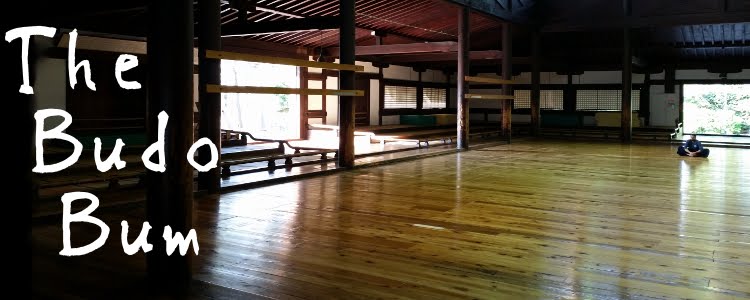I saw someone comment that :
“my Sa Bom Nim says, "You can't learn something until you are ready to learn it." That's why repetition is so important in the martial arts, because you never know when that "learning moment" will arrive. Doing that technique thousands of times was what made you ready to learn the new setup. “
I used to do thousands of repetitions of individual techniques and movements. I thought it was essential to mastering the techniques. I would set my mind on autopilot and do the same technique over and over, thinking I was building speed and consistency.
I can’t say about speed for sure, but I can speak to the consistency part of that. I was building consistency. I was teaching myself to always do the technique a the same level of skill. I wasn’t improving myself, I was nailing my skills to the ground where I was at. My father is a music teacher, and he has always said “Practice doesn’t make perfect. Practice makes permanent.” However you practice something is how you will do it. A thousand repetitions of a technique done one way, make it a thousand times harder to do it another way. You will always do it the way you practice it. Any errors in the technique you are repeating will be reinforced and that much tougher to correct.
One of the few things I know about my technique is that it’s not perfect. I don’t want to be doing things tomorrow the way I am doing them today. I want to be doing them better. So I don’t do lots of repetitions of my techniques any more. I try to do every technique one time only.
This is a pretty radical sounding statement for someone who trains classical Japanese martial arts, with a teaching methodology built upon the continued practice of a small set of techniques and kata. It’s true though.
Each each time I do a technique or kata it is a unique event, never to be repeated. Now one of my goals is for my mind to never go on autopilot. I try to always be fully present when I practice. I want to be completely mindful of what I am doing. By being aware of what I’m doing with each cut and in each kata that I do, I can make every cut and every kata unique. I can sense that I am using my hips one way or another, how I’m gripping the sword, what sort of rhythm I’m moving with, how I’m breathing.
If my practice of the kata is a unique event where the combination of all these factors and many more come together to create a single, unique, expression of the kata, then with this awareness of the kata, I can change elements of my action to make my next expression of the kata both unique and, hopefully, better. To do this though, I have to be mindful.
The best practice is mindful, aware and always looking for ways to improve what you are doing. SImple repetition means that you are just programing yourself to do the kata at whatever level you’re currently at. It ingrains your current mistakes into your body and makes them permanent. Mindful practice never does the same kata twice. Mindful practice seeks to improve with every action. If I’m not really aware of what I’m doing, I can’t change it. To change things, we have to be aware. When you do a kata, be aware of your hands, your feet, you tanden, your hips, the location of your head, the rhythm of your breath. All of these are important. If you are aware, you can experiment with how you use all these elements of your body to improve the kata. And even if a particular mix of elements isn’t an improvement, you’ll be learning. You’ll know about another combination that you want to avoid.
I try never to do the same kata twice. If I’m repeating the kata, I’m stagnating. It’s only when I mindfully do new things that I can really improve.
(How I balance this with mushin is fodder for another essay)
